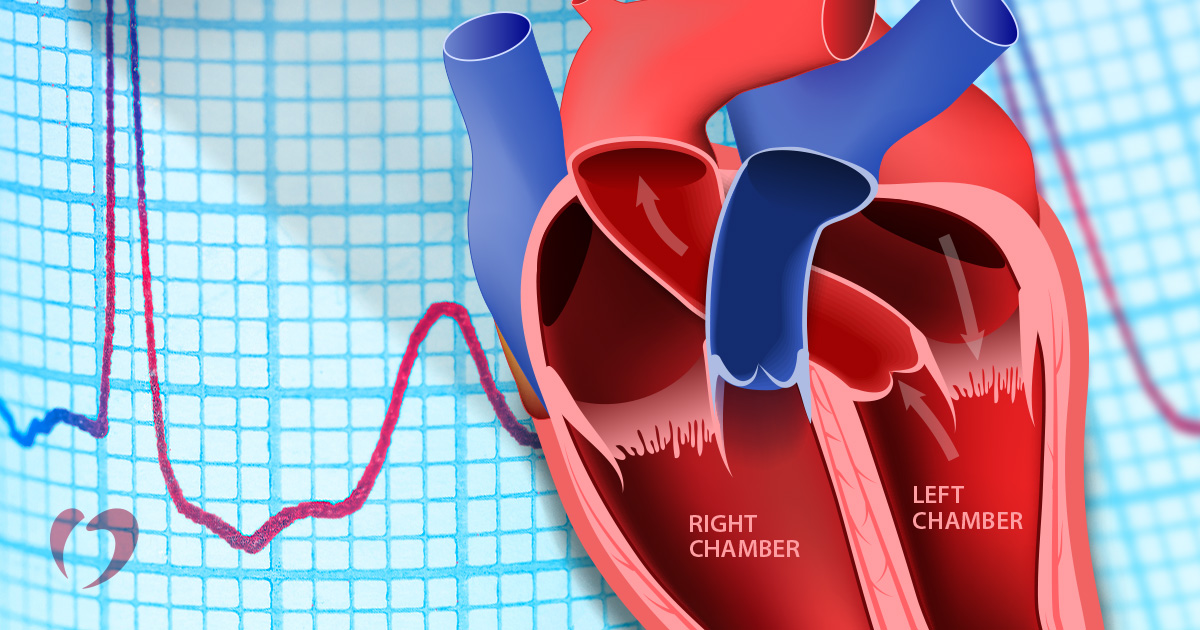Heart block: symptoms, diagnosis, and treatment

Heart block is an abnormal heart rhythm where the heart beats too slowly, which results in the electrical signals being partially or totally blocked between the upper chambers (atria) and lower chambers (ventricles). Heart block is also called atrioventricular (AV) block.
Each heartbeat originates in the upper right chamber (atrium) of the heart in the sinus node, a bundle of specialized cells that acts as the heart’s natural pacemaker. As the heart beats, it sends an electrical signal from the upper chambers to the lower chambers, which tells the heart to contract and pump blood. Heart block disrupts this normal rhythm.
Symptoms and causes
Typical symptoms of heart block are similar to those of many other arrhythmias and may include dizziness, lightheadedness, fainting, fatigue, chest pain, or shortness of breath. Some patients, especially those with first-degree heart block, may not experience symptoms at all.
Some people may be born with heart block, although most cases develop over time due to damage to the heart muscle or its electrical system. Medical conditions such as heart failure, prior heart attack, and heart valve abnormalities or surgery increase the risk of heart block. Some medications also may increase the risk.
Types of heart block
In first-degree heart block, electrical impulses pass slowly through the heart, but they all reach the ventricles. First-degree heart block generally does not cause symptoms and does not require treatment. This type of heart block is not uncommon among well-trained athletes who have slow resting heart rates.
In second-degree heart block, the electrical impulses are delayed with each heartbeat until a beat fails to reach the ventricles. Second-degree heart block may cause dizziness or other symptoms and may require treatment as it progresses.
Third-degree heart block is also referred to as complete heart block and is a serious condition. None of the electrical impulses that originate in the atria reach the ventricles. When the ventricles don’t receive an electrical impulse, they may create their own impulses to trigger ventricular escape beats. These are backup beats in the heart, but they are typically very slow. With third-degree heart block, patients may feel lightheaded, dizzy, and fatigued. If left untreated, third-degree heart block can be fatal.
Diagnosis and treatment
Heart block can be diagnosed through an electrocardiogram (EKG) that records the heart’s electrical activity. Some cases of heart block go away on their own if the factors causing it are treated or resolved, such as changing medications or recovering after heart surgery.
Generally, first- and second-degree heart block do not require treatment, although some severe cases of second-degree heart block may be treated with a pacemaker.
Third-degree or complete heart block is treated with a pacemaker since the heart is no longer able to reliably pace itself due to complete block of the electrical signals.
If you are experiencing dizziness, lightheadedness, or fatigue, contact the Oklahoma Heart Hospital today to schedule an appointment with one of our experienced physicians.
